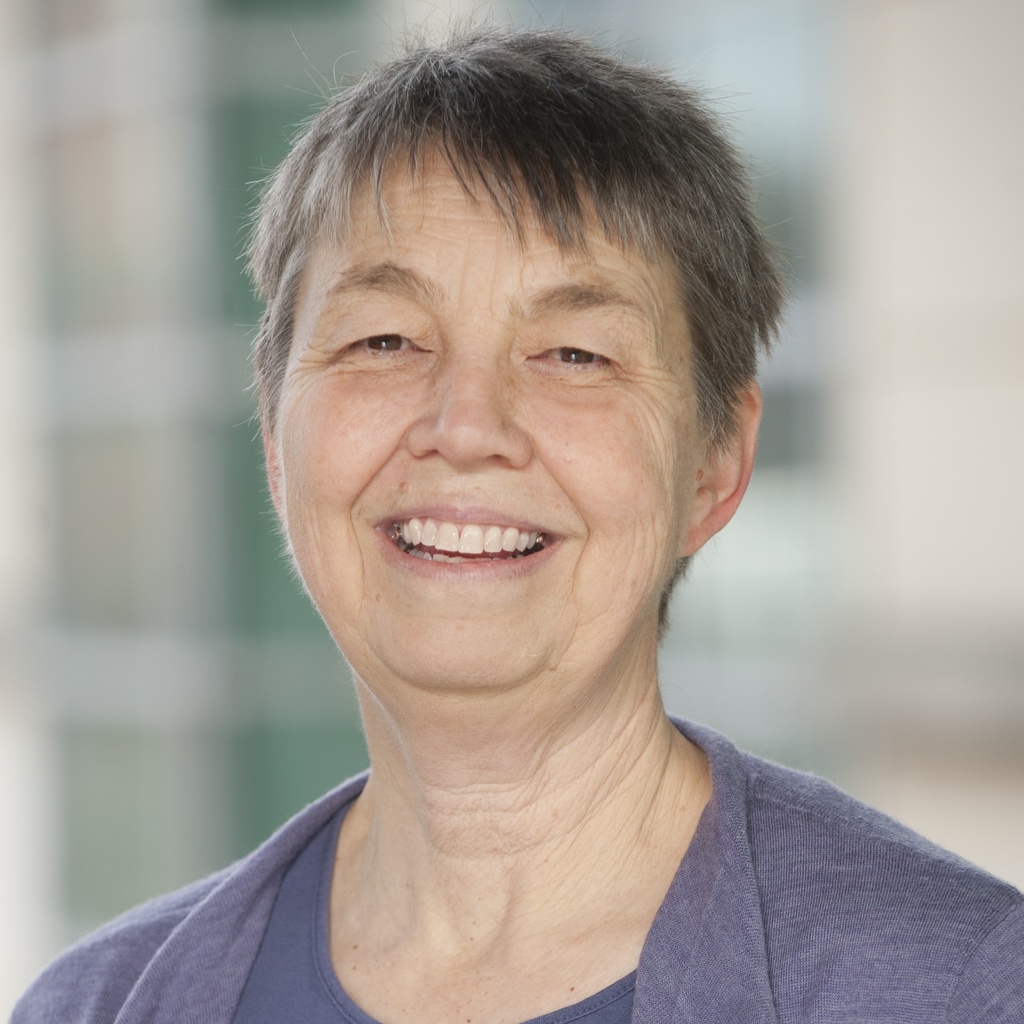
Mary Hall Reno, Ph.D.
Title/Position
Departmental Chair
Professor
Reno's research is in theoretical particle physics with a focus on neutrino interactions and detection, for which she was recognized as a Fellow of the American Physical Society. Funded by the Department of Energy and NASA grants, her research exploits the connections between measurements in particle accelerator experiments and calculations of high energy interactions of cosmic rays and cosmic neutrinos.
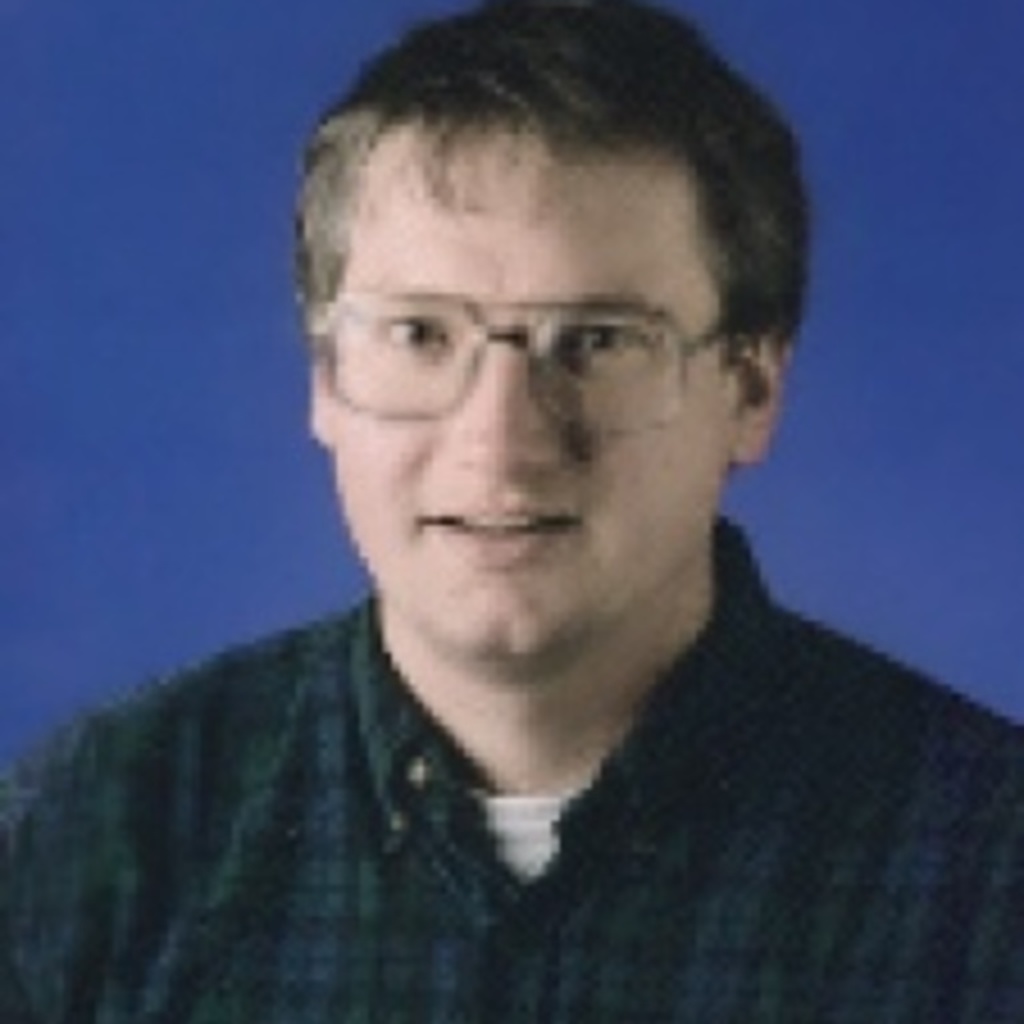
David R. Andersen, Ph.D.
Title/Position
Professor
David Andersen is a Professor in the Electrical and Computer Engineering Department at the University of Iowa and has a secondary appointment in the Department of Physics and Astronomy.
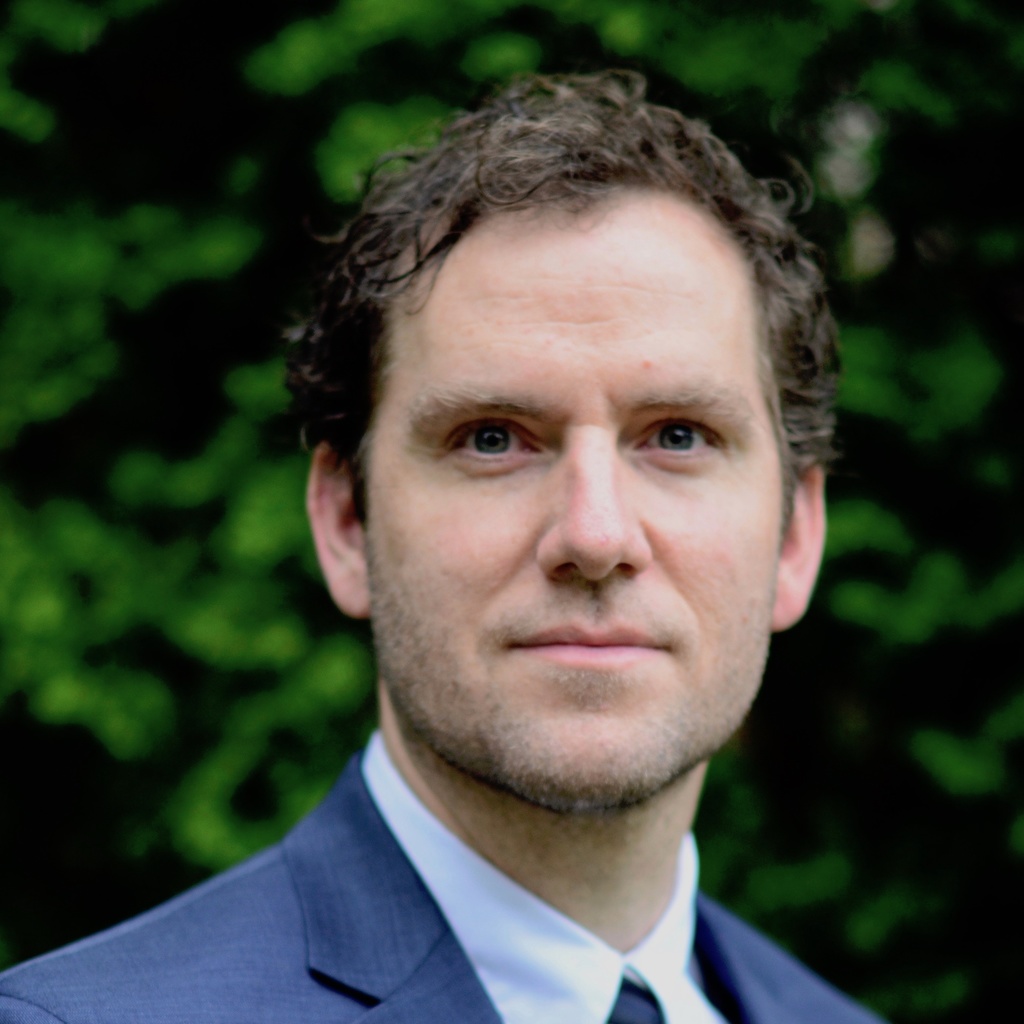
Shea Brown, Ph.D.
Title/Position
Associate Professor of Instruction
Shea Brown is a Associate Professor of Instruction in the Physics and Astronomy Department at the University of Iowa. His area of interest is Astronomy and Astrophysics.
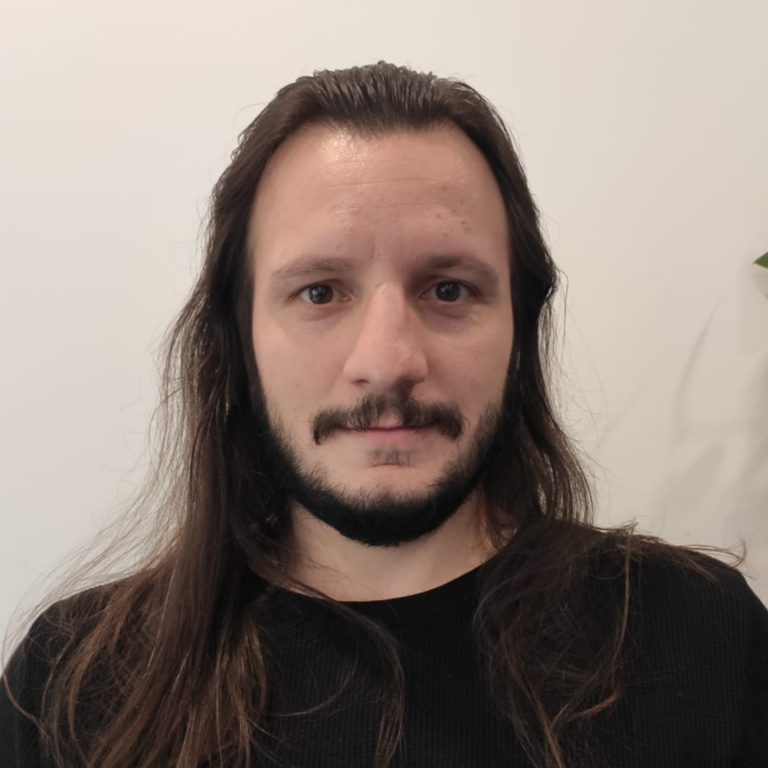
Denis R. Candido, Ph.D.
Title/Position
Assistant Professor
Prof. Candido is part of the Condensed Matter and Materials Physics research area at the University of Iowa, Department of Physics and Astronomy.
He is currently working with realistic implementations and proposals for hybrid quantum systems that would permit to build quantum computers and quantum devices using condensed matter systems.
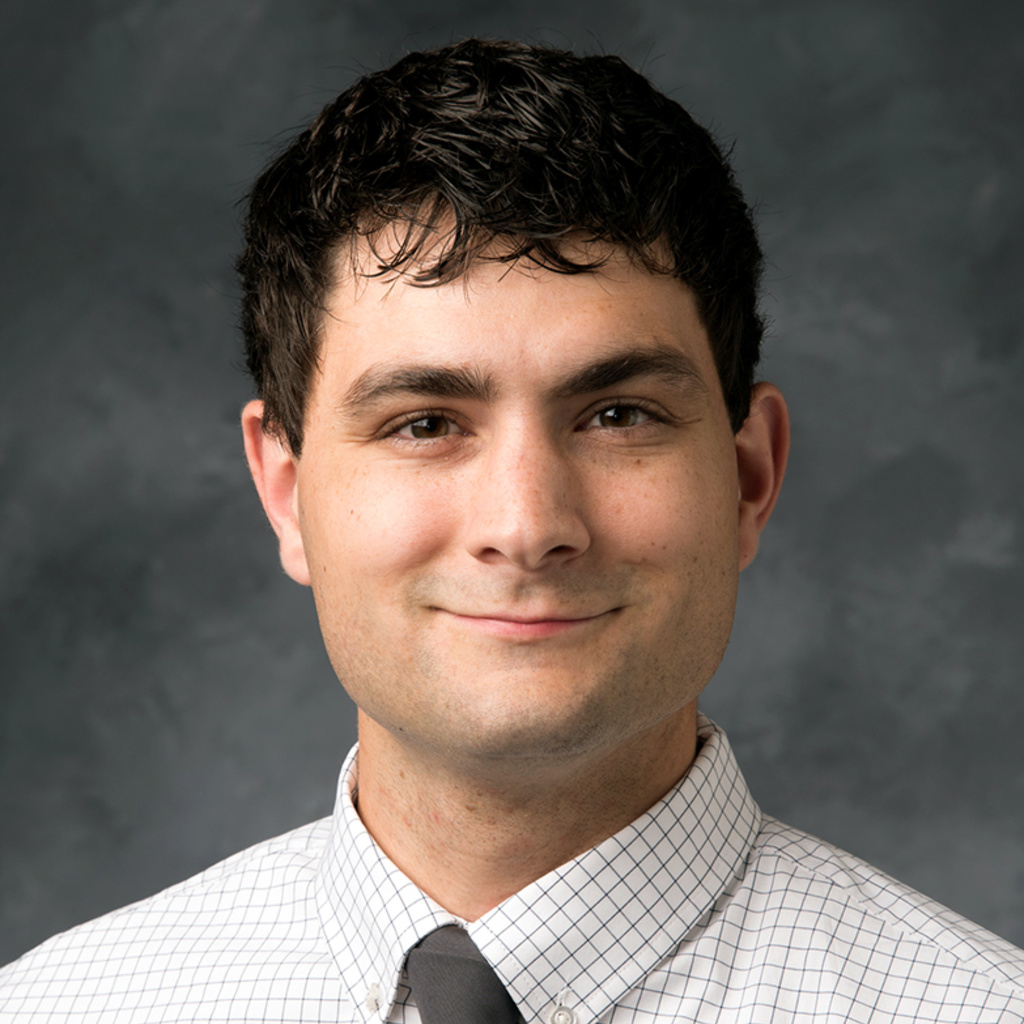
Casey DeRoo, Ph.D.
Title/Position
Assistant Professor
Casey DeRoo studies the UV/X-ray sky and the instrumentation needed to make effective astronomical measurements at these wavelengths. His research focuses on the fabrication, characterization, and use of diffraction gratings in spectrometers and on thin, high performance mirrors for high energy telescopes. For his work developing freeform grating patterns on curved surfaces, Prof. DeRoo was named a Nancy Grace Roman Technology Fellow by NASA’s Astrophysics Division in 2021.
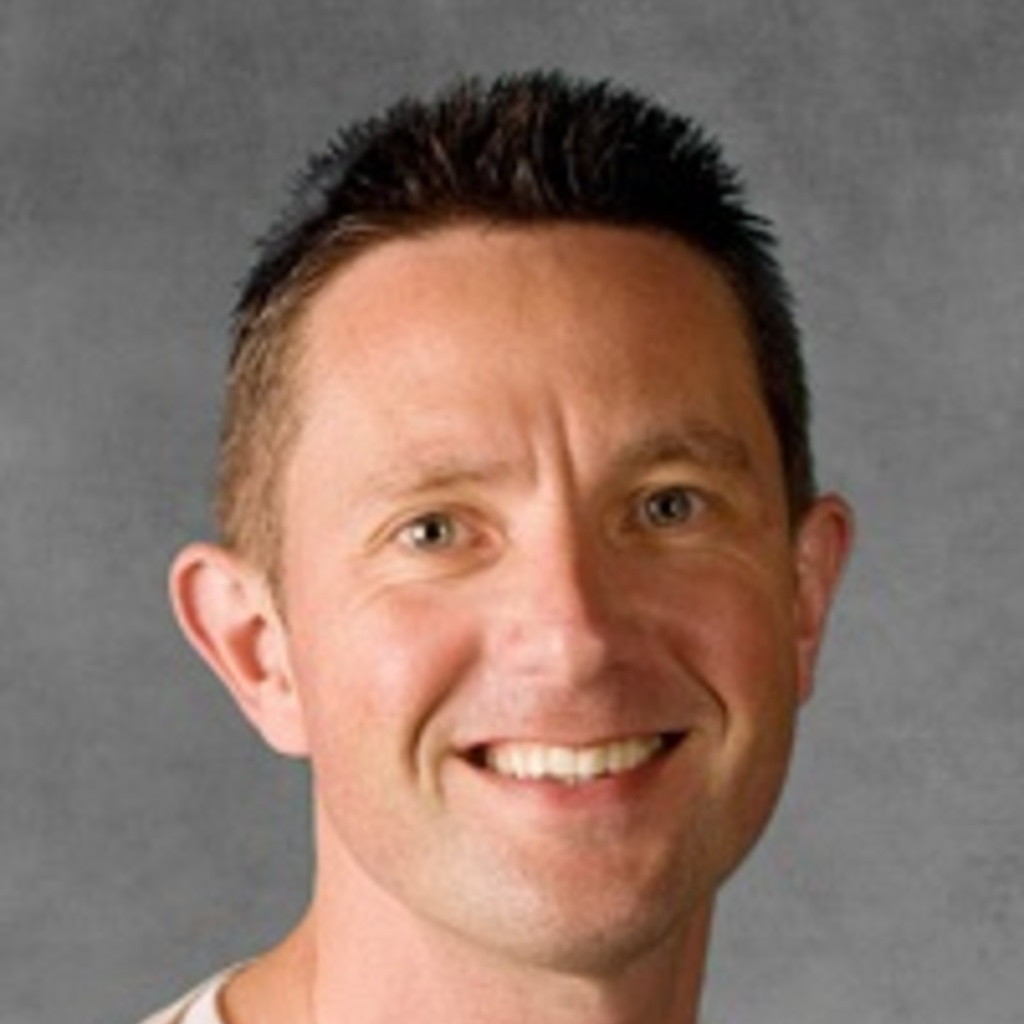
Adrian Elcock, Ph.D.
Title/Position
Professor
Adrian Elcock is a Professor in the Department of Biochemistry and Molecular Biology at the University of Iowa and has a secondary appointment in the Department of Physics and Astronomy

Michael E. Flatté, Ph.D.
Title/Position
Professor
Michael E. Flatté is a Professor in the Physics and Astronomy Department at the University of Iowa. His research interests include condensed-matter theory, materials theory, quantum coherent systems and quantum information.
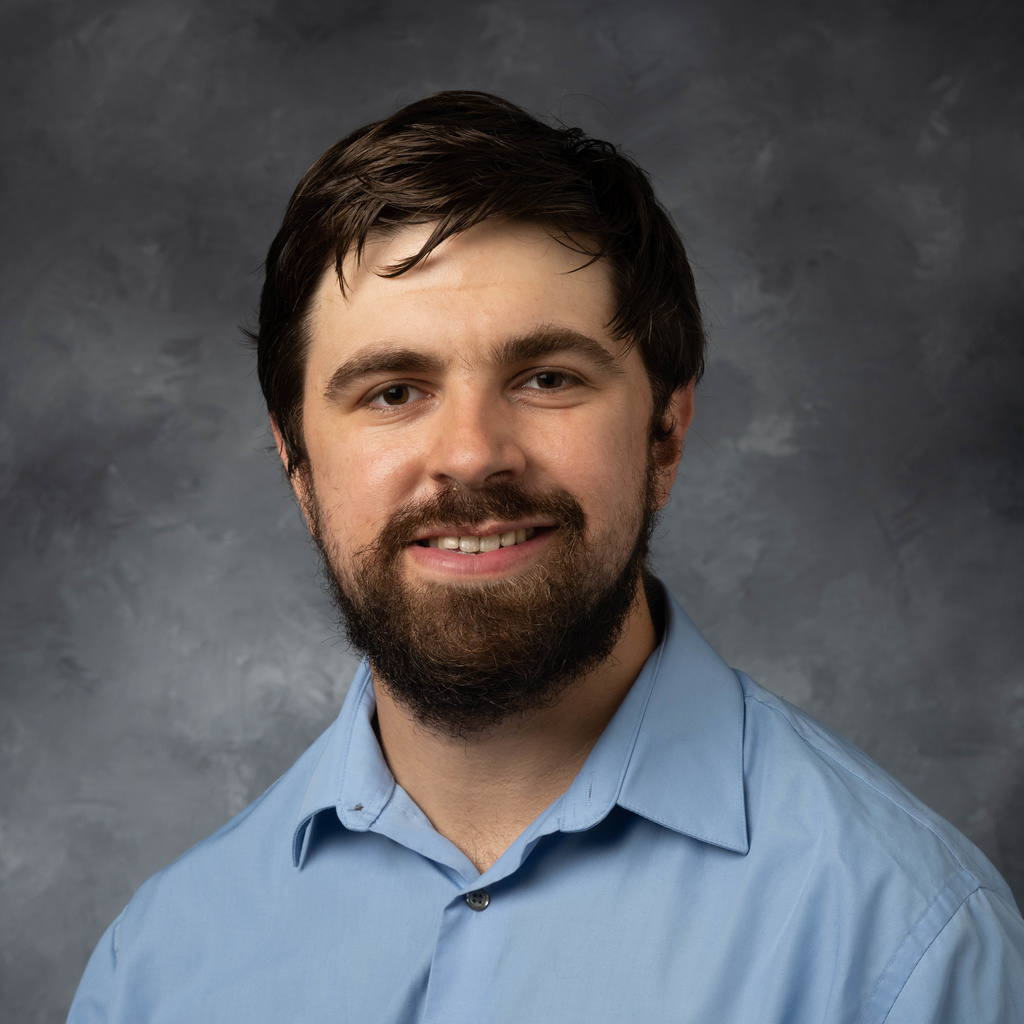
Thomas Folland, Ph.D.
Title/Position
Assistant Professor
Prof. Folland works on infrared nanophotonics and quantum materials research, from fundamental properties to device applications. In his lab students measure and understand the properties of exotic materials allowing him to design better infrared light detectors and emitters. These can be implemented for numerous applications, from detecting toxic chemicals in the environment, to creating emergent quantum phenomena. In parallel to his research, Prof. Folland is an active member of the materials research society, supporting early career professional development.
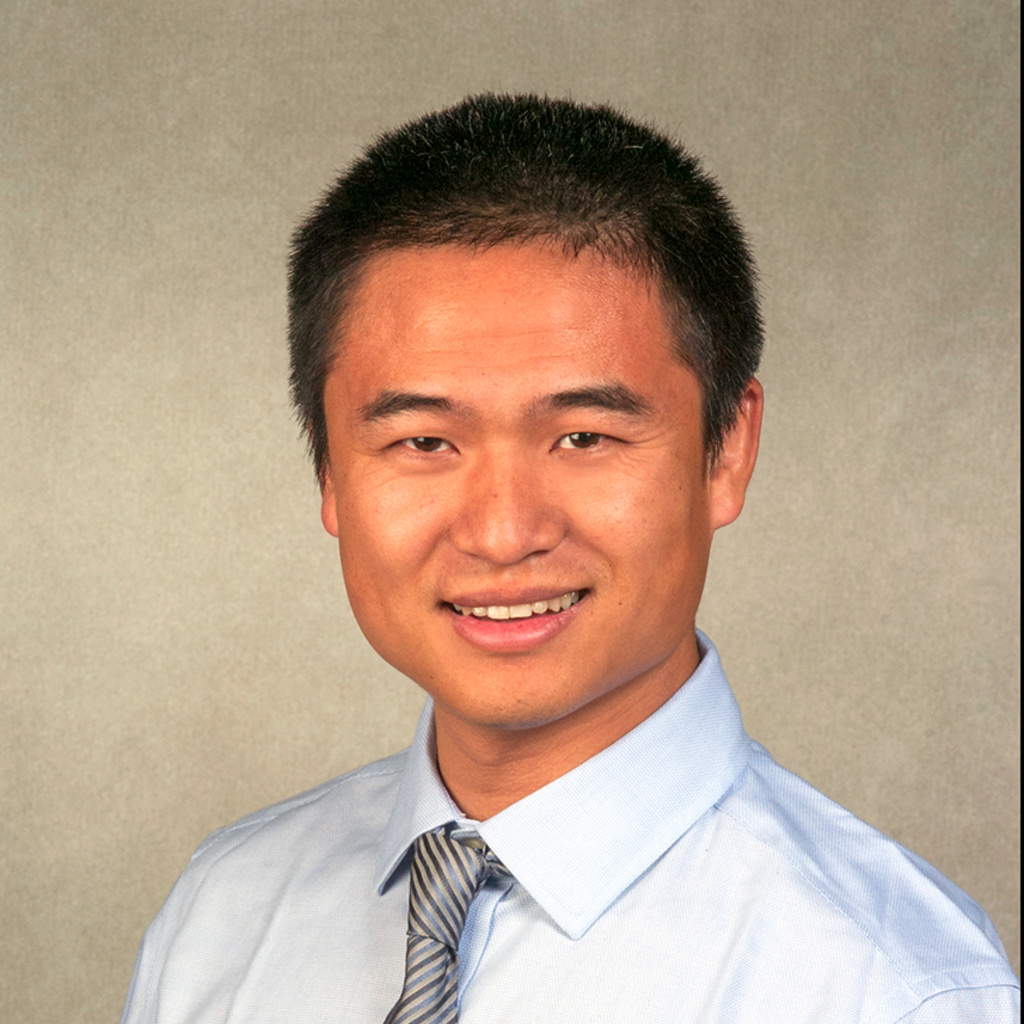
Hai Fu, Ph.D.
Title/Position
Associate Professor
Hai Fu received his B.S. in Astronomy from Nanjing University and his Ph.D. in Astronomy from the University of Hawaiʻi at Mānoa. His research is in the field of galaxy formation and evolution, with current observational projects on the impact of galaxy mergers, the evolution of galactic rotation, and gas accretion flows connecting the cosmic web and dusty starburst galaxies.
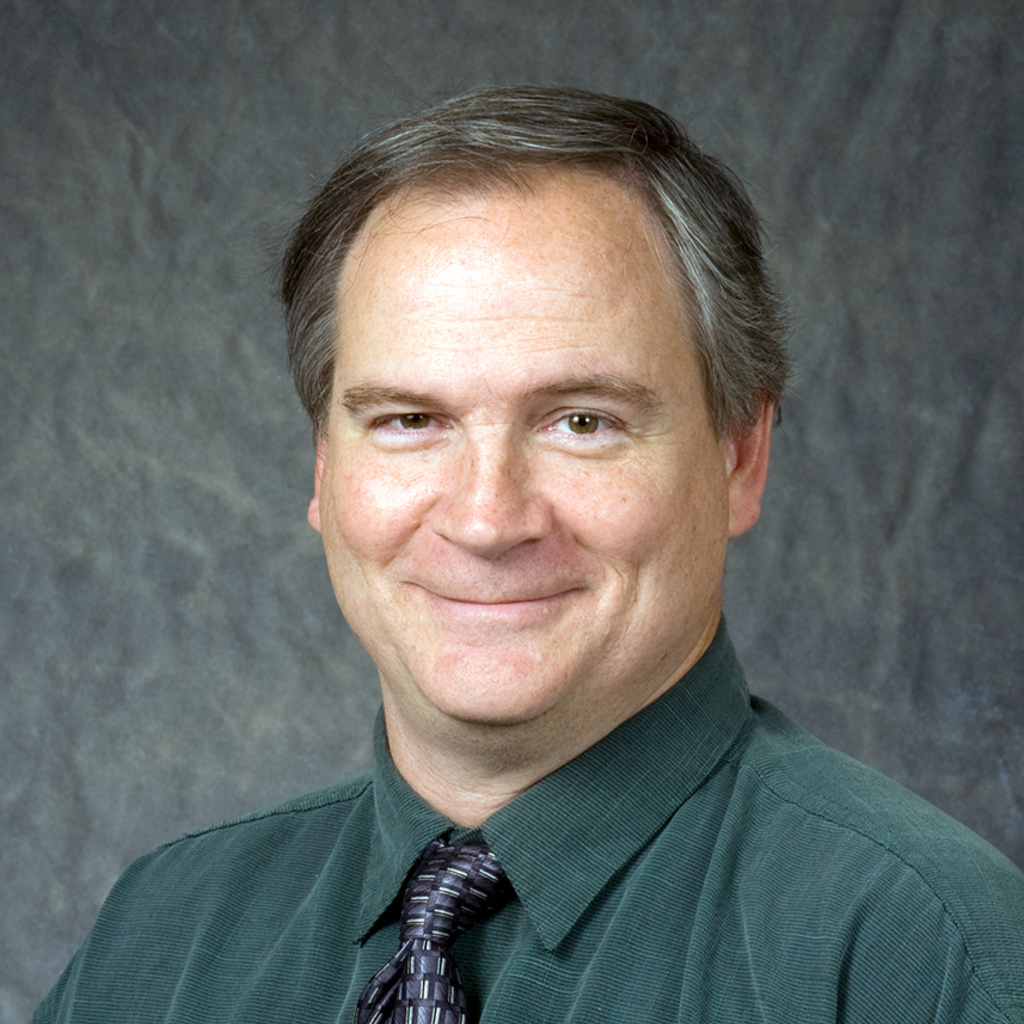
Kenneth G. Gayley, Ph.D.
Title/Position
Associate Professor
Astronomy Graduate Advisor
Ken studies the winds of massive stars, with emphasis on how they become structured and generate shocks, X-rays, and polarization. He is the project scientist on an ultraviolet spectropolarimetry mission concept named Polstar, and concentrates on theoretical models with the goal of understanding the physics of radiatively driven winds and their role in stellar and galactic evolution. His courses emphasize the use of astronomy as a tool to encounter almost every topic in physics as they play out on a vast range of scales and strengths.
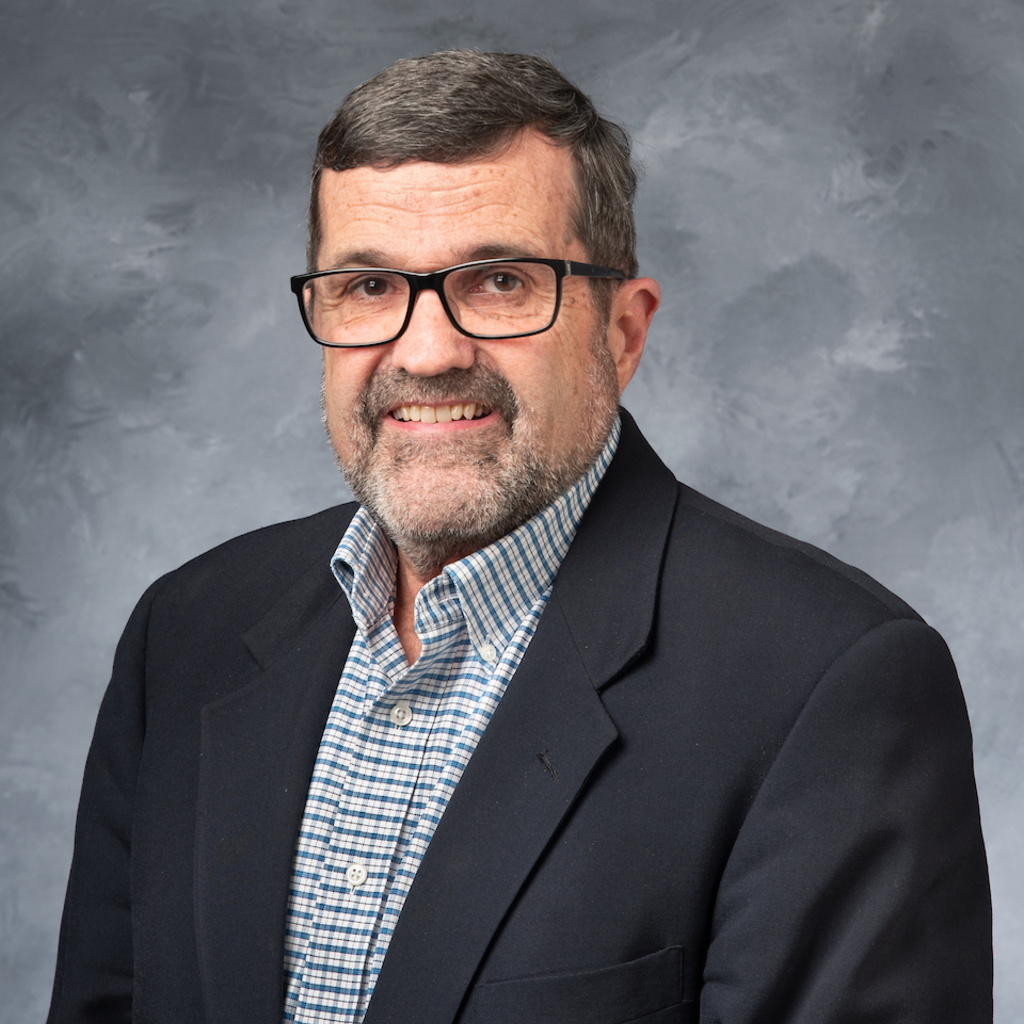
John A. Goree, Ph.D.
Title/Position
Professor
John A. Goree is a Professor in the Physics and Astronomy Department at the University of Iowa. His research interests include experimental plasma physics, statistical physics and soft condensed matter physics.

Jasper S. Halekas, Ph.D.
Title/Position
Professor
Jasper Halekas’s research seeks to broaden our understanding of the impact of the Sun and the solar wind on our solar system and its evolution. To accomplish this, he designs and builds instruments to measure charged particles around moons and planets and in the interplanetary medium. Jasper's research spans planetary science and space physics, with a unifying theme the use of charged particle measurements to remotely infer plasma processes. He is the instrument lead or instrument scientist for particle sensors on the MAVEN, Parker Solar Probe, and TRACERS spacecraft, and the deputy PI for the THEMIS-ARTEMIS and Lunar Vertex missions.
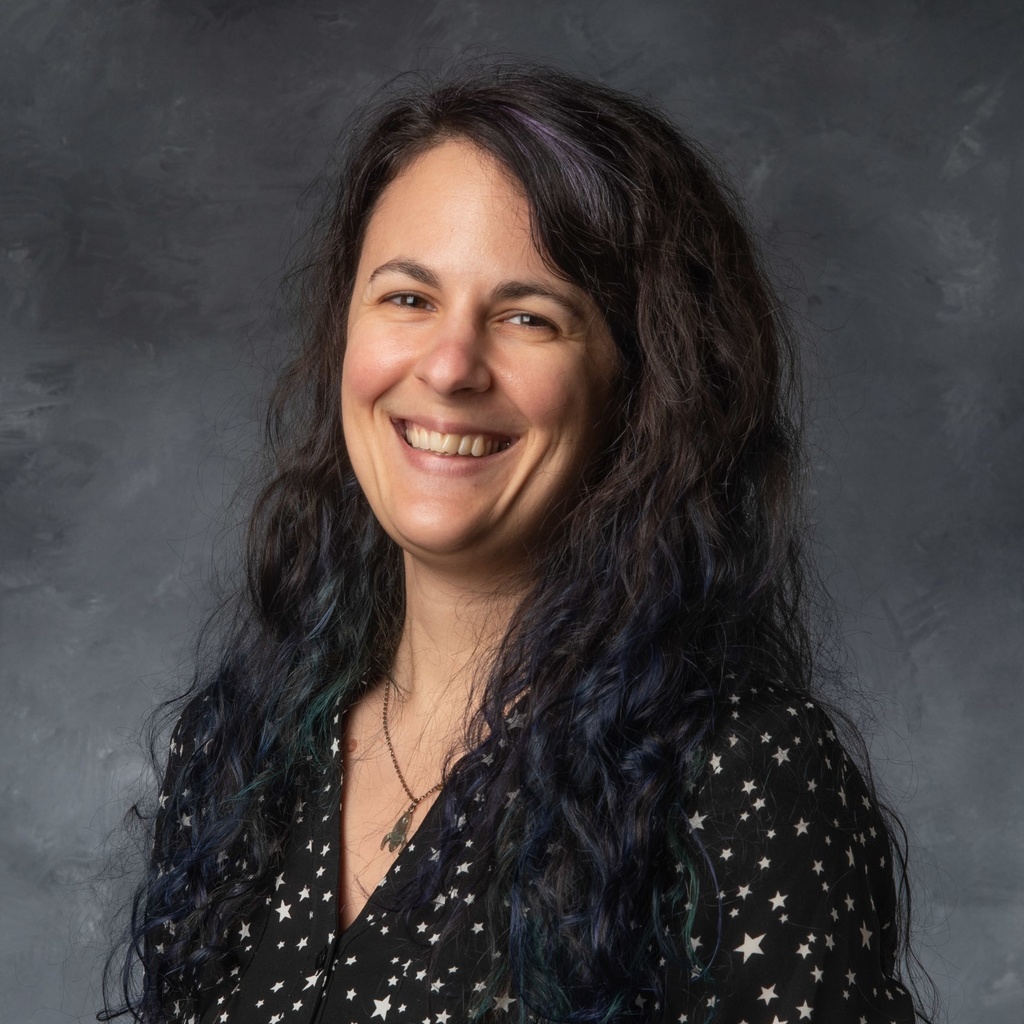
Keri Hoadley, Ph.D.
Title/Position
Assistant Professor
Keri Hoadley is an expert in far-ultraviolet astrophysics. She studies a wide variety of astronomical topics, including the interstellar gas, star and planet formation, the nearly invisible gas surrounding all galaxies, and stellar collisions. She is also a leader in space ultraviolet spectrographs and telescopes, managing a variety of NASA suborbital missions (and currently spearheading the next flight of FIREBall-2) and being a core team member on future UV space missions (Aspera, Hyperion). She secured a prize postdoctoral fellowship at Caltech prior to her arrival at the University of Iowa for her leadership role on FIREBall-2. In 2021, she received NASA's prestigious Nancy Grace Roman Technology Fellowship in Astrophysics for rising future PIs among early career scientists.

Gregory G. Howes, Ph.D.
Title/Position
Professor
Gregory G. Howes is a Professor in the Physics and Astronomy Department at the University of Iowa. His research interests include theoretical and computational plasma physics.

Allison N. Jaynes, Ph.D.
Title/Position
Associate Professor
Associate Professor Allison Jaynes joined the faculty at the University of Iowa in 2017 after receiving a PhD from the University of New Hampshire and working as a researcher at the University of Colorado Boulder. Her research focuses on inner magnetosphere particle dynamics, including the ring current and radiation belts and how they connect to atmospheric and auroral physics. She has been a Co-Investigator on the MMS and Van Allen Probes NASA satellite missions.
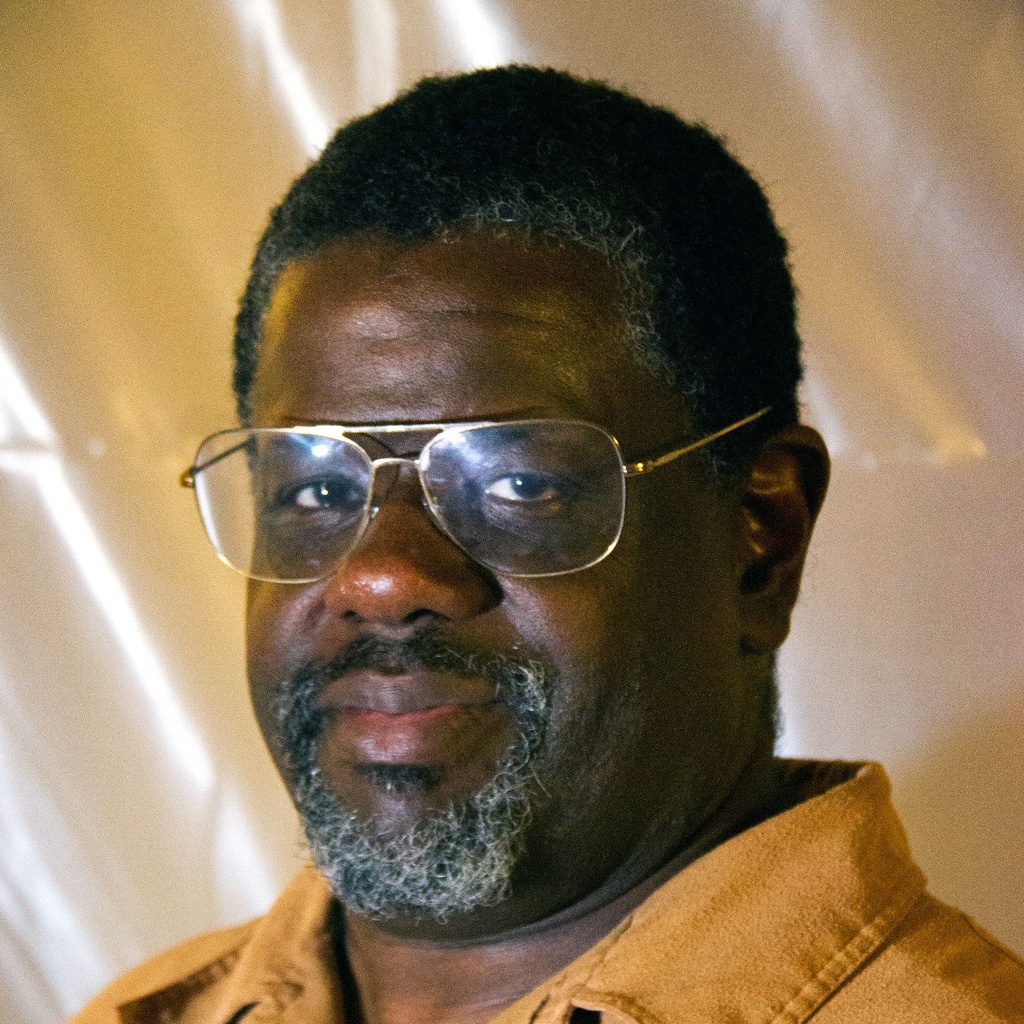
Kenneth Johnson, Ph.D.
Title/Position
Visiting Assistant Professor
Ken Johnson is a Visiting Assistant Professor in the Physics and Astronomy Department at the University of Iowa. His area of interests are undergraduate Physics and Astronomy instruction and Physical Sciences education.
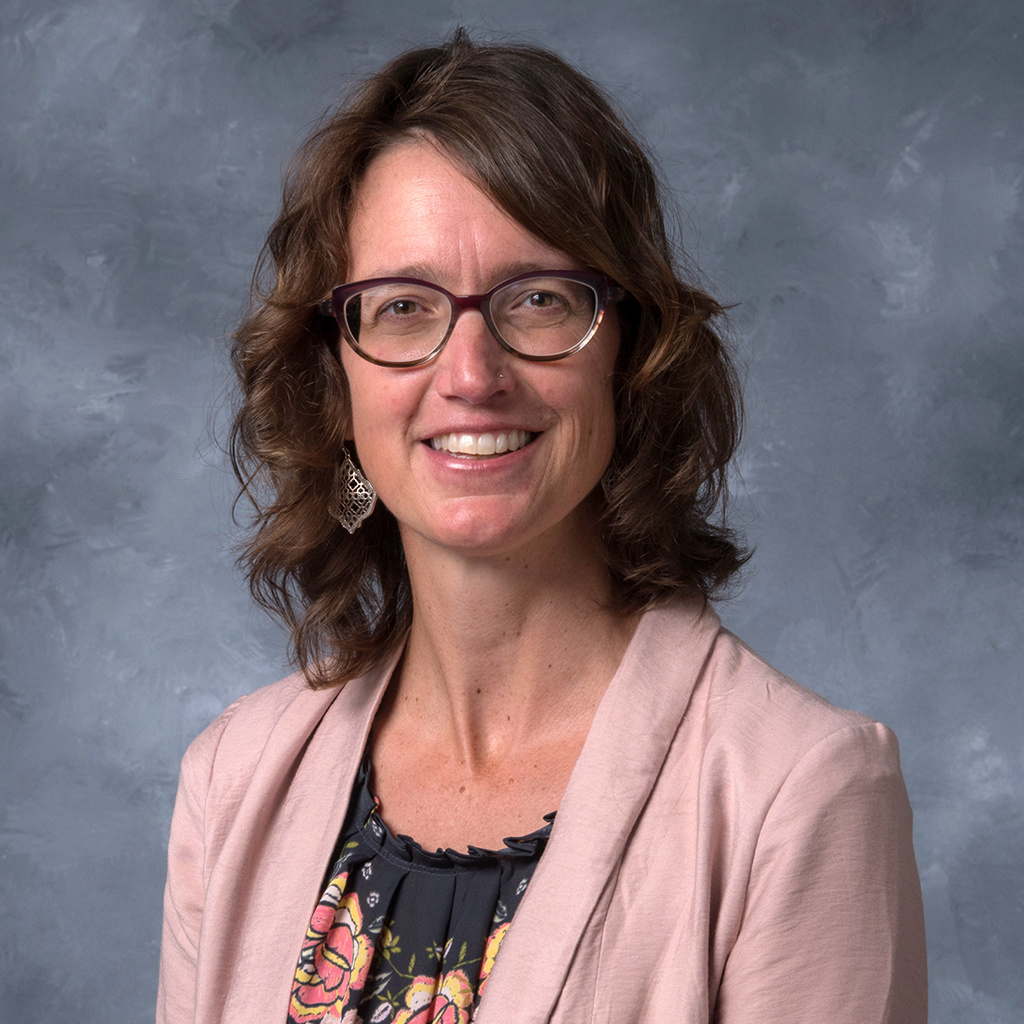
Cornelia C. Lang, Ph.D.
Title/Position
Professor
Associate Dean for Undergraduate Education (CLAS)
Cornelia Lang's research interests focus on understanding the astrophysics at the very center of our Milky Way Galaxy and of other nearby galaxies. She uses radio telescopes at the National Radio Astronomy Observatory in New Mexico, as well as satellites such as the Hubble Space Telescope. Her research has been funded by the National Science Foundation, NASA, the Iowa Space Grant Consortium, and several UI Internal Grants. She serves as chair of the Working Group on the Galactic Center of the International Astronomical Union.
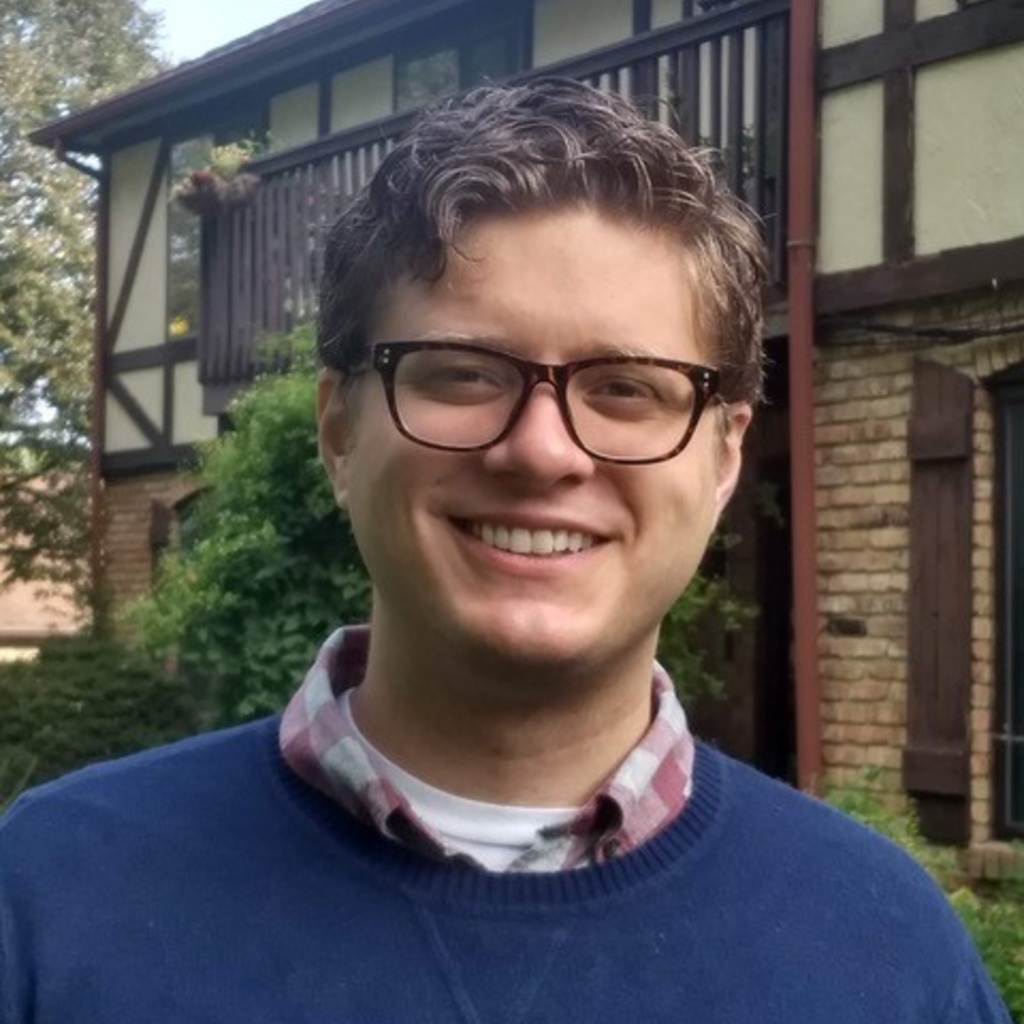
Daniel McGinnis, Ph.D.
Title/Position
Visiting Assistant Professor
Daniel's research area is observational space physics and he studies the formation and evolution of the solar wind.
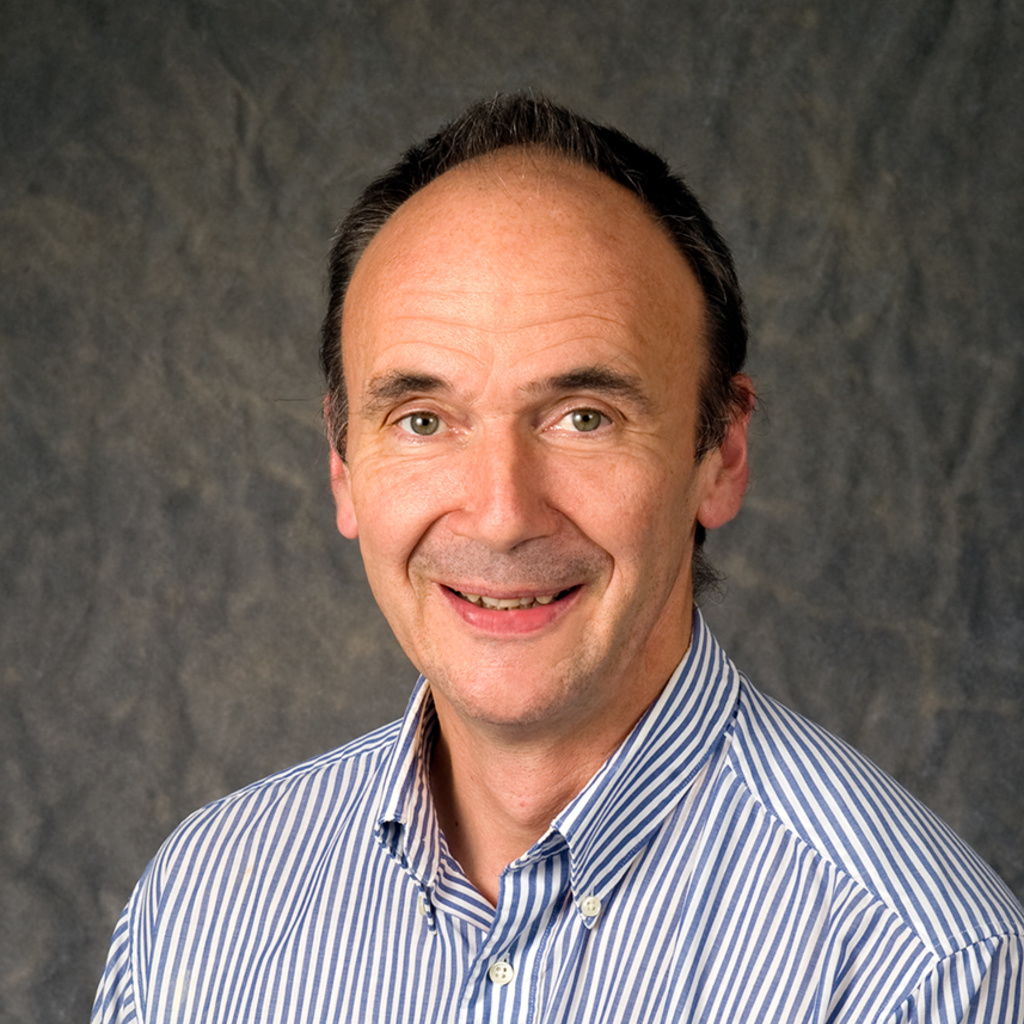
Yannick Meurice, Ph.D.
Title/Position
Professor
Yannick Meurice is a Professor at the University of Iowa. He was a postdoc at CERN and Argonne National Laboratory and a visiting professor at CINVESTAV in Mexico City. His current work includes lattice gauge theory, tensor renormalization group methods, near conformal gauge theories, critical machine learning, quantum simulations with cold atoms and quantum computing. He is the PI of a multi-institutional DOE HEP QuantISED grant.

David M. Miles, Ph.D.
Title/Position
Associate Professor
David M. Miles is an experimental space physicist specializing in the development of next-generation spaceflight magnetic field instruments and particularly miniature instruments for nanosatellites and multi-point measurement constellations. His research interests include space weather, solar-terrestrial physics, and auroral dynamics including magnetosphere-ionosphere coupling.
He is the principal investigator for the magnetic field instrument (MGF) on the Cassiopie/e-POP spacecraft (now funded by European Space Agency as Swarm-Echo) and is the instrument PI for the miniature fluxgate magnetometer (DFGM) on the Ex-Alta-1 CubeSat. He has provided fluxgate magnetnometers for sub-orbital sounding rockets (ICI-4, ICI-5 and Maxidusty-1b) and on ACES-II in 2021.
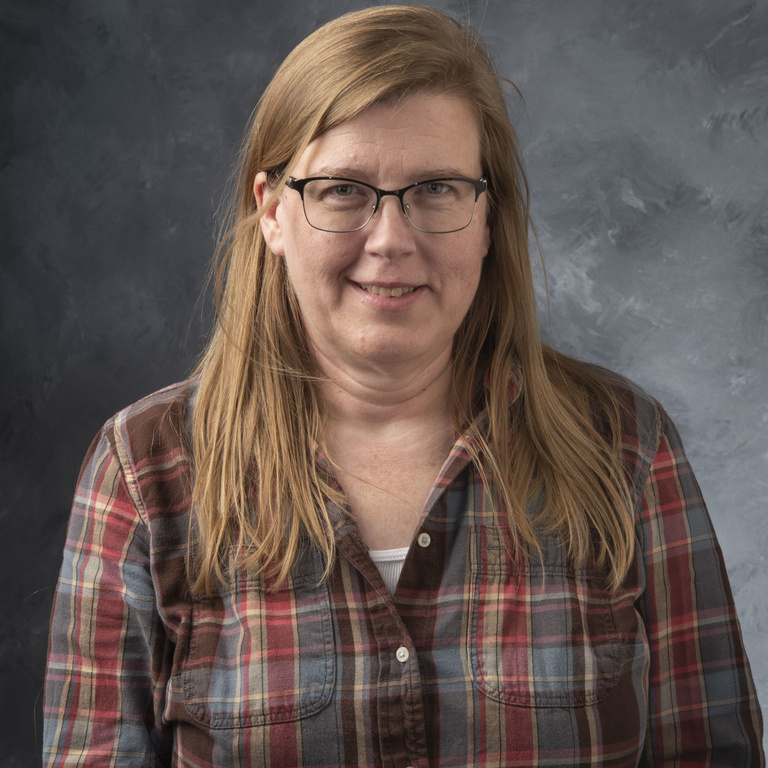
Jane M. Nachtman, Ph.D.
Title/Position
Director of Undergraduate Studies
Professor
Jane Nachtman received her Ph.D. from the University of Wisconsin-Madison in 1997 followed by a postdoc at UCLA under Professor David Saltzberg. In 2002 she joined Fermilab as an associate scientist, ultimately becoming a Scientist I before joining the University of Iowa in 2007. Professor Nachtman's research involves CMS and DUNE R&D and commissioning, as well as CMS data analysis.
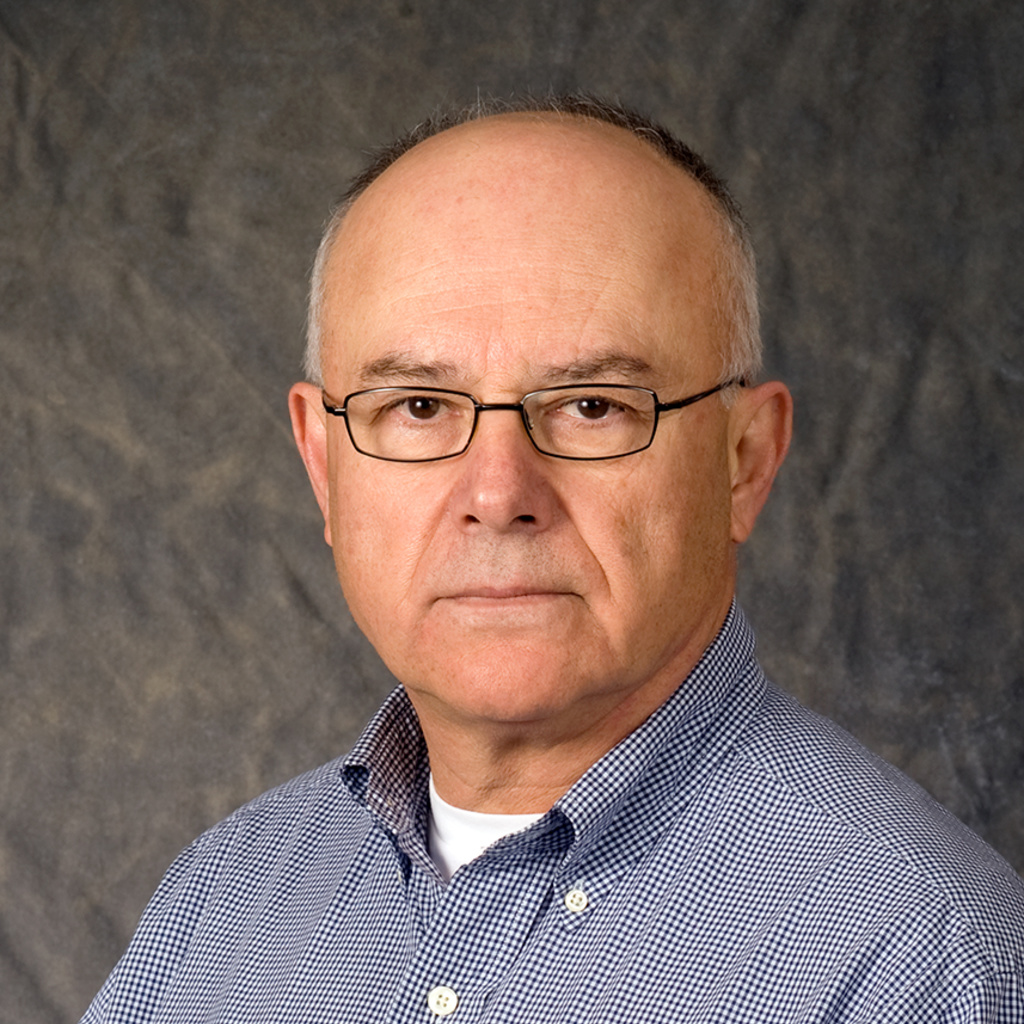
Yasar Onel, Ph.D.
Title/Position
Professor
Yasar Onel received his Ph.D. from London University in 1975 followed by a postdoc at Queen Mary University-London and work at the Universities of Neuchatel and Geneva. Professor Onel then moved to the University of Texas Austin in 1986 where he was part of the Fermilab E683 experiment. He joined the University of Iowa in 1988, working on the E704/E781 experiments before joining the CMS Collaboration in 1993 where he has led University of Iowa's HEP group since.
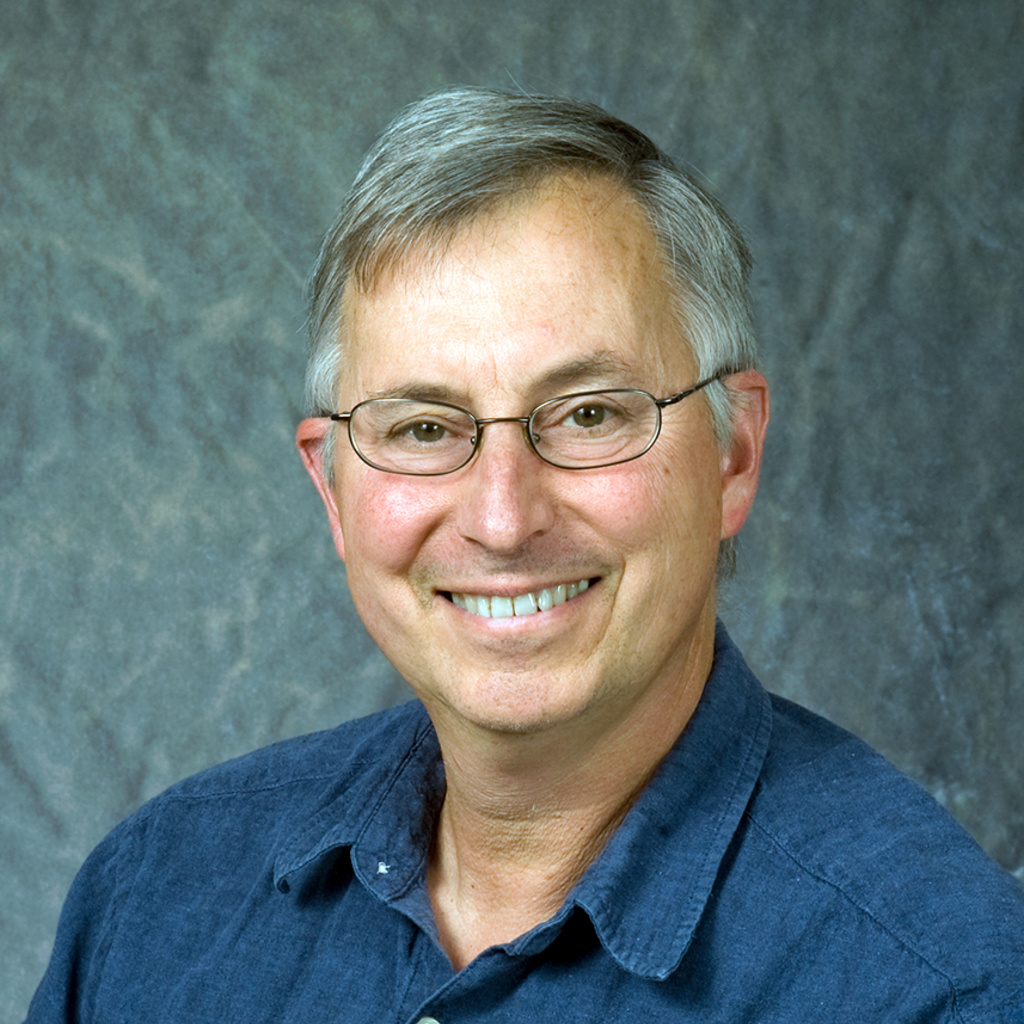
Wayne N. Polyzou, Ph.D.
Title/Position
Professor
Wayne N. Polyzou is a Professor in the Physics and Astronomy Department at the University of Iowa. His research interests include theoretical nuclear physics and mathematical physics.
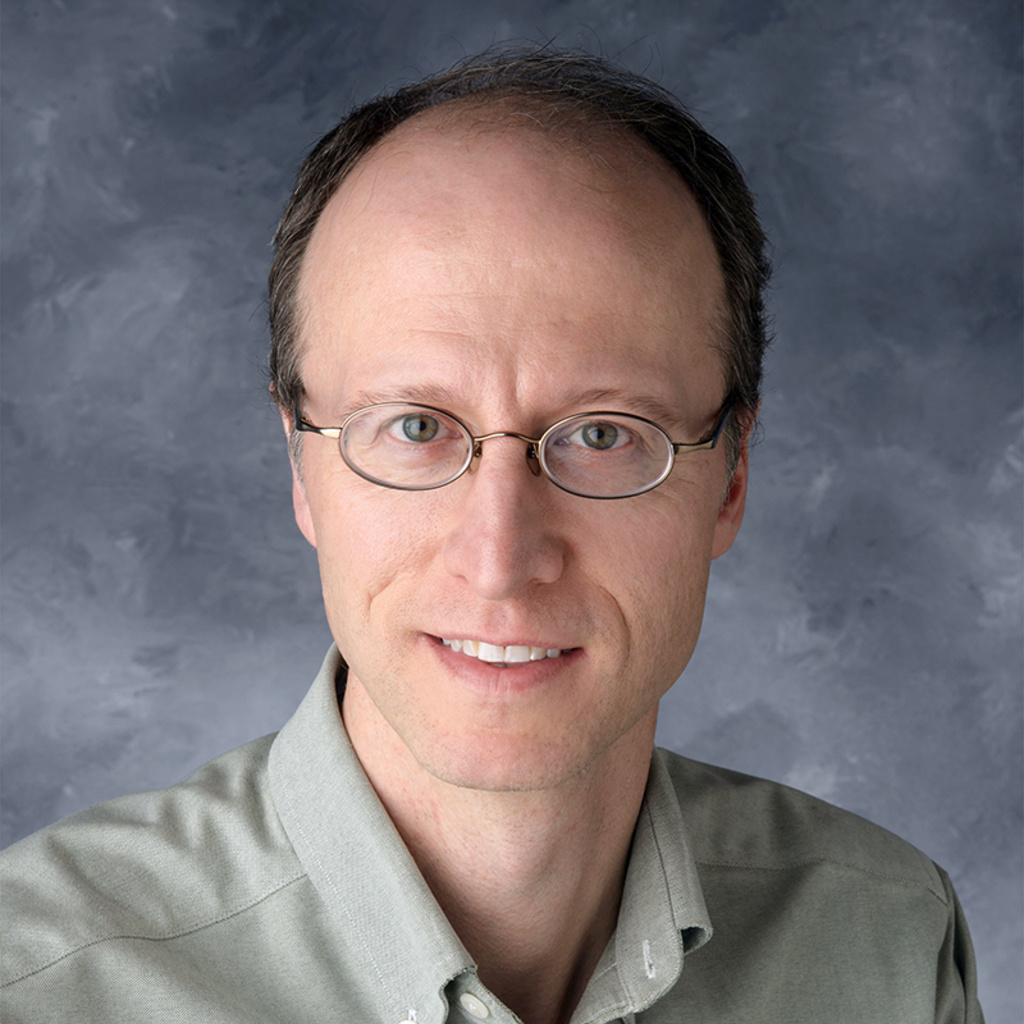
John P. Prineas, Ph.D.
Title/Position
Director of Research Operations
Professor
John is an experimentalist whose research is focused on properties of semiconductor materials using nanostructuring to achieve unique optical and electrical characteristics and to advance state-of-the-art applications such as sensing (environmental, defense) and quantum information. He is the departmental Director of Research Operations, received the 2022 Innovator of the Year Award, and is a member of the Iowa Chapter of the National Academy of Inventors. He recently developed new graduate courses in thin film materials and microfabrication and co-developed a course on quantum optics and nanophotonics.
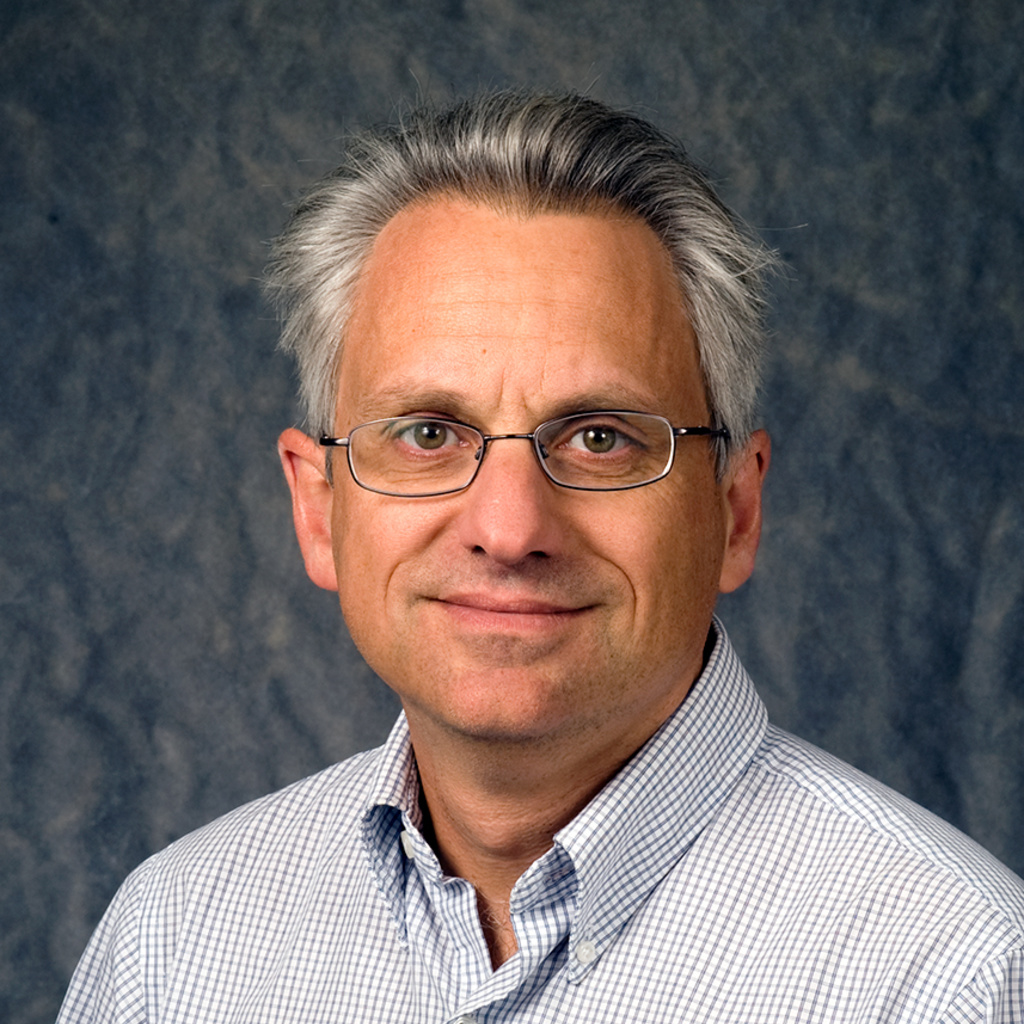
Craig E. Pryor, Ph.D.
Title/Position
Associate Professor
Craig Pryor is an Associate Professor in the Physics and Astronomy Department at the University of Iowa. His research interests include theoretical condensed matter.
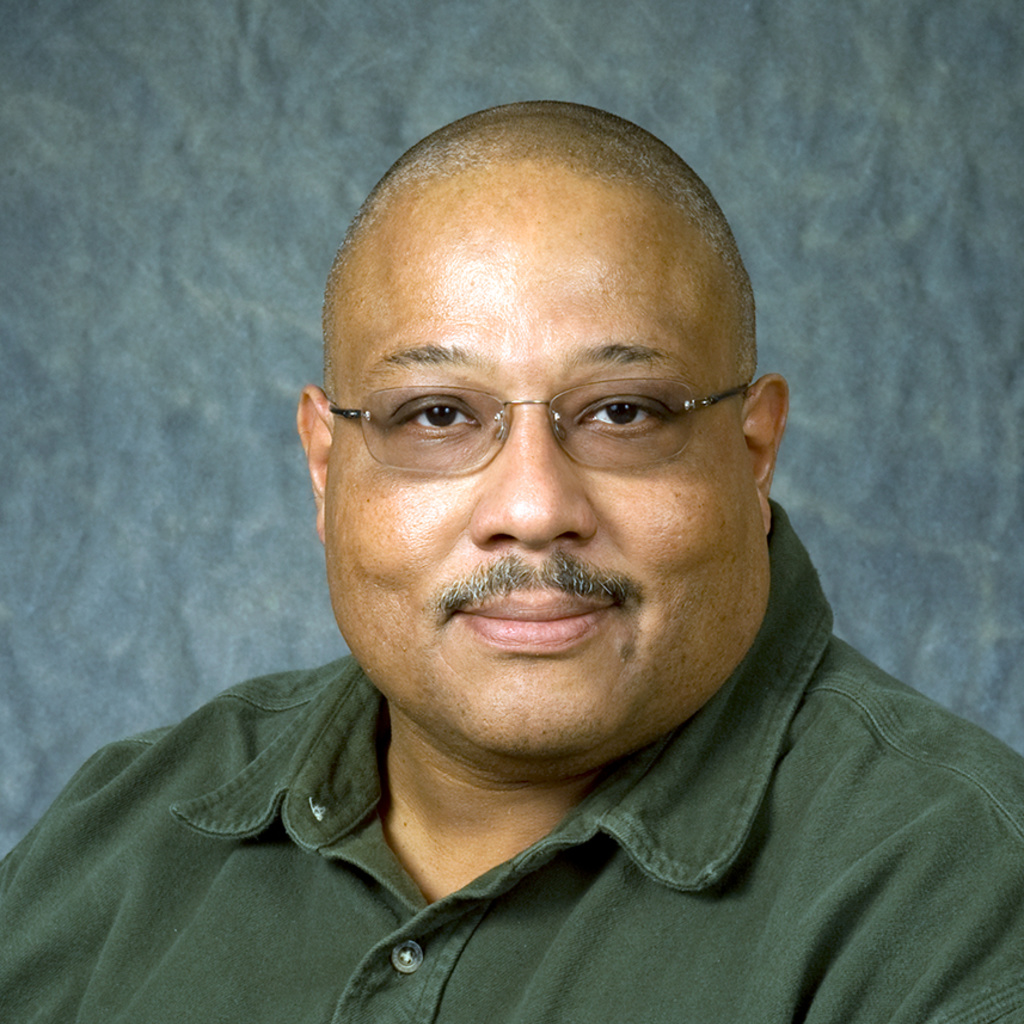
Vincent G.J. Rodgers, Ph.D.
Title/Position
Director of Graduate Studies
Professor
Vincent G. J. Rodgers is Director of Graduate Studies and a Professor in the Physics and Astronomy Department at the University of Iowa. His research interests include theoretical particle physics and string theory.

Frederick N. Skiff, Ph.D.
Title/Position
Professor
Frederick N. Skiff is a Professor in the Physics and Astronomy Department at the University of Iowa. His research interests include laser spectroscopy and plasma physics.
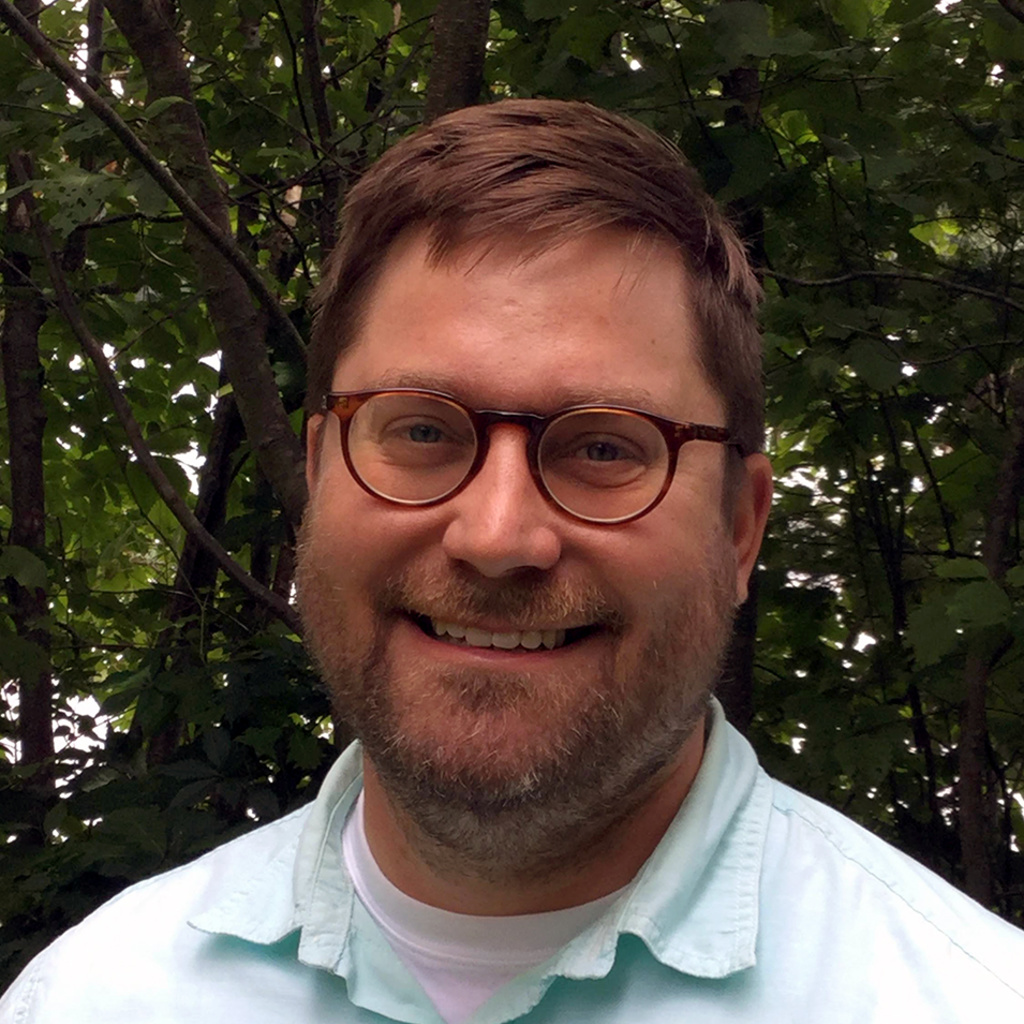
Kory Stiffler, Ph.D.
Title/Position
Associate Professor of Instruction
Kory Stiffler is a theoretical physicist with research interests in supersymmetry, black hole physics, cosmology, and string theory. for black hole physics and cosmology research, Kory focuses on Thomas-Whitehead gravity developed by Professor Vincent G. J. Rodgers (University of Iowa). In supersymmetry research, Kory focuses on adinkras: colorful diagrams encoding supersymmetry. To aid in adinkra research for students and colleagues, as owner of the GitHub organization HEPTHools, Kory along with several student members has developed the adinkra.m mathematica package.
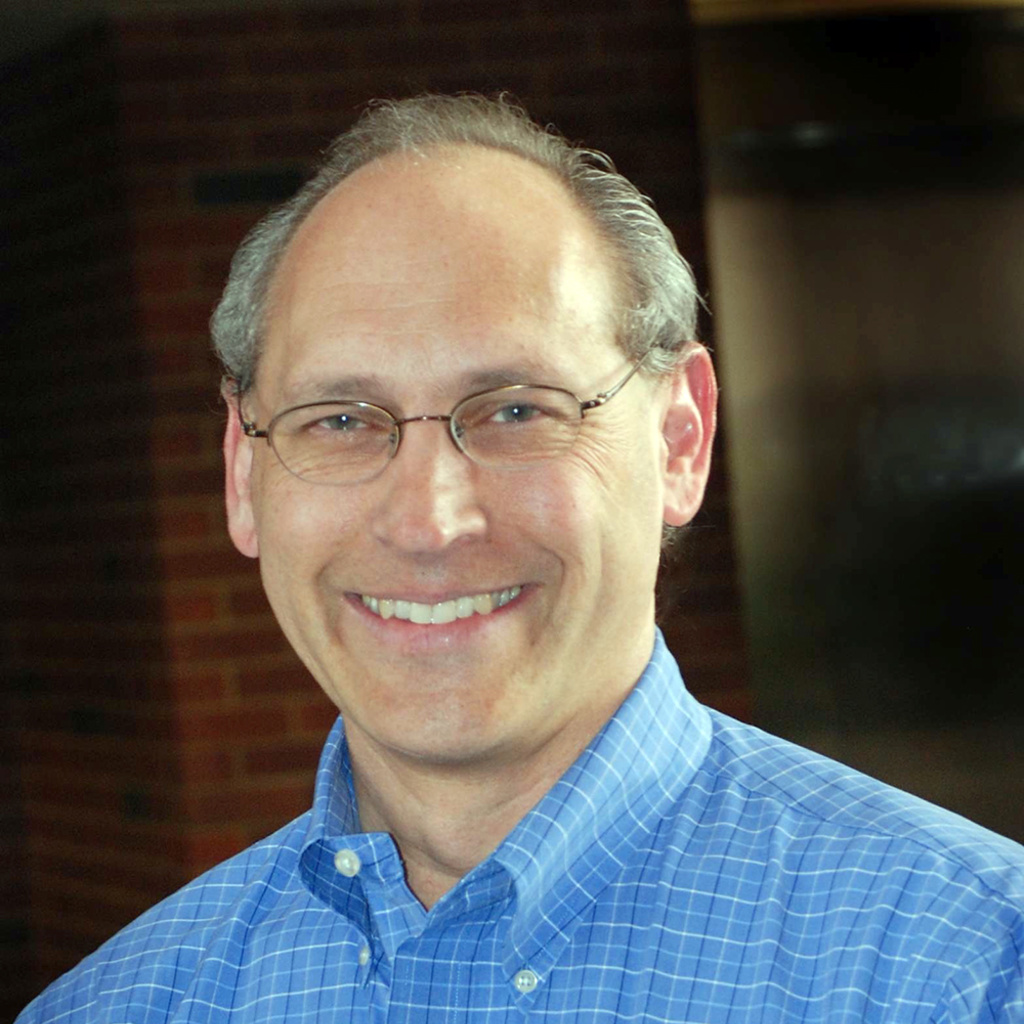
John Sunderland, Ph.D.
Title/Position
Associate Professor
Director, PET Imaging Center
John J. Sunderland is Professor of Radiology in the Division of Nuclear Medicine at the University of Iowa, and has a secondary appointment in the Department of Physics and Astronomy. He is also Director of the PET Imaging Center and is a Professor of Radiation Oncology. His research interests include medical physics.
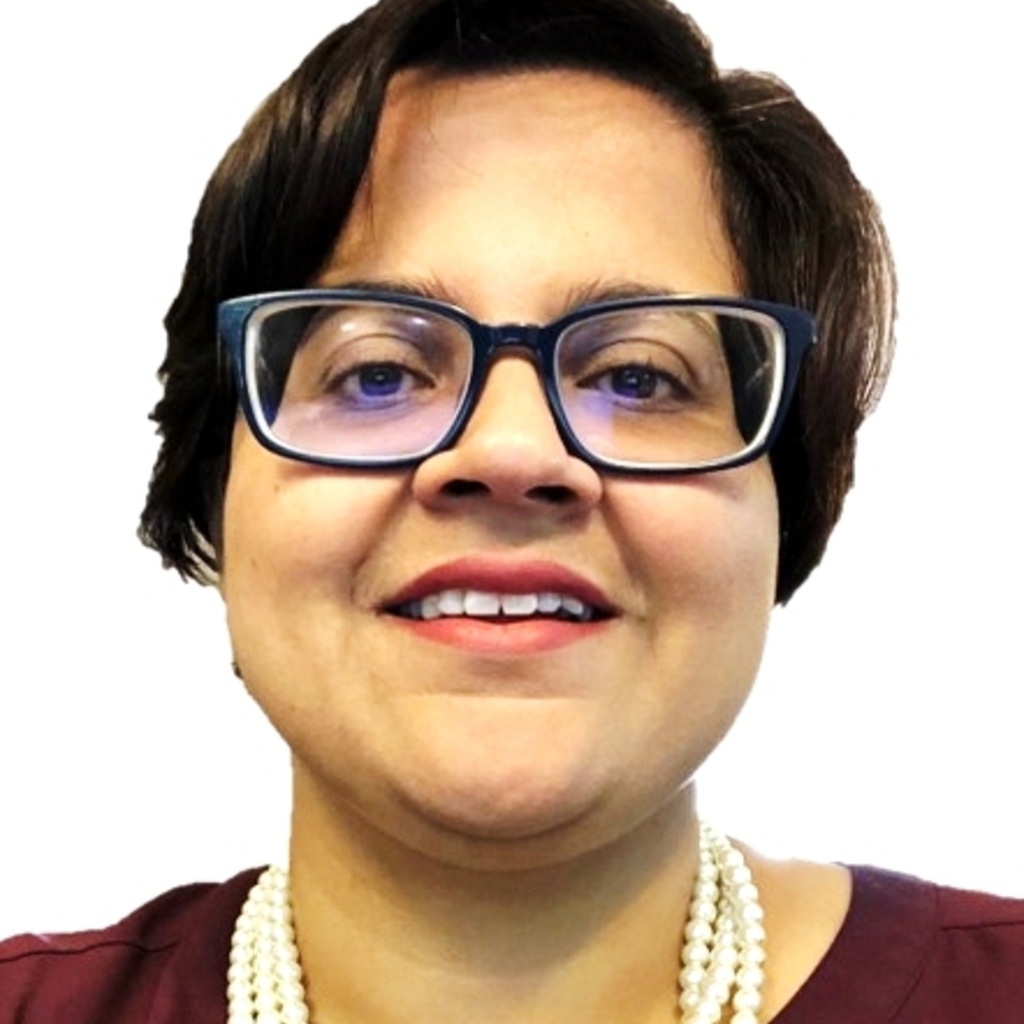
Fatima Toor, Ph.D.
Title/Position
Associate Professor
Fatima Toor is an Associate Professor in the Electrical and Computer Engineering Department at the University of Iowa and has a secondary appointment in the Department of Physics and Astronomy. She is a researcher at the Iowa Technology Institute, Iowa-CREATES and MATFab Facility.
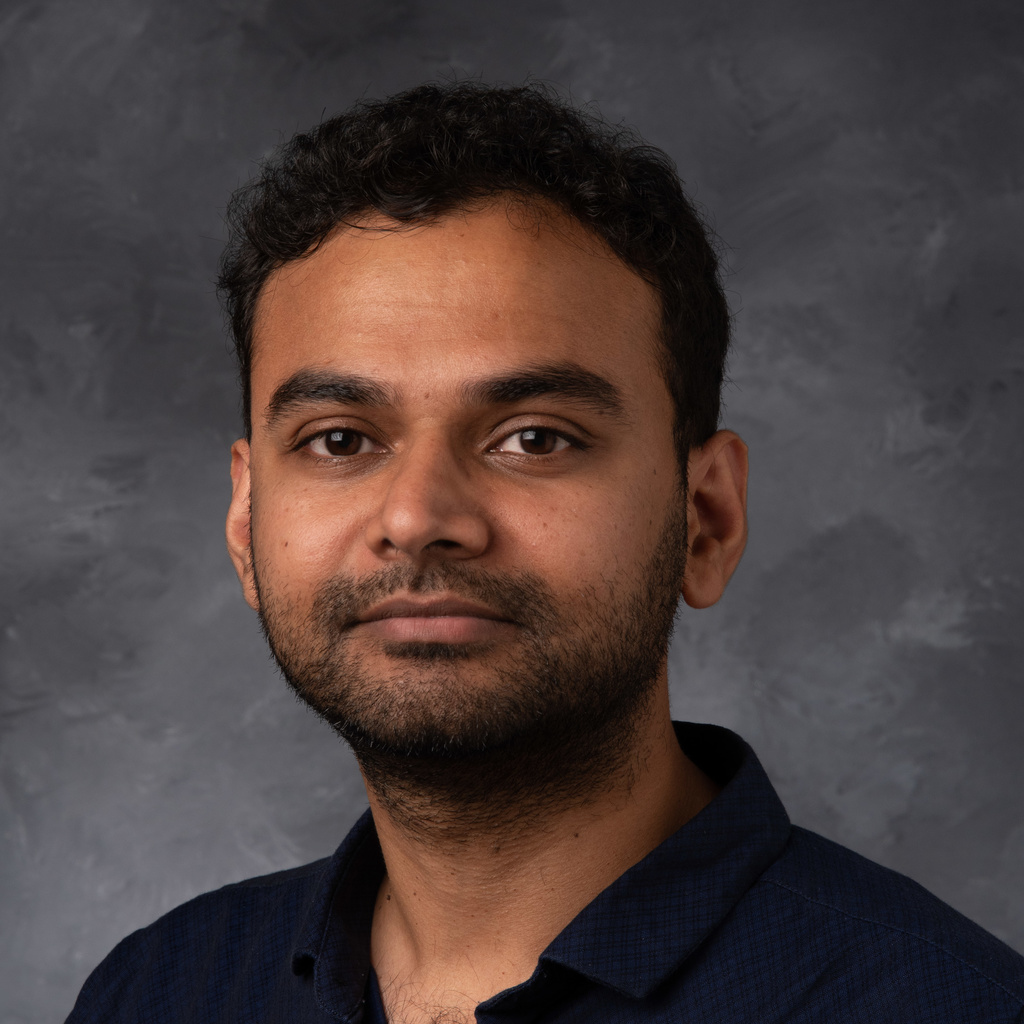
Ravitej Uppu, Ph.D.
Title/Position
Assistant Professor
Ravi’s research investigates solid-state emitters coupled to a nanophotonic environment for realizing photonic qubits and spin-photon interfaces. He envisions that such nanophotonic devices will pave the way for real-world applications in quantum communication, simulation, and quantum-enhanced imaging. Ravi enjoys interacting with and training graduate and undergraduate students on optics, quantum physics, and statistical mechanics. Prior to UIowa, Ravi carried out research across the world [Niels Bohr Institute (Denmark), University of Twente (Netherlands), and TIFR (India)] and continues to maintain active international collaborations. Ravi is the lead PI of the UI-QuantumSimulation team that was awarded a Jumpstarting Tomorrow grant in 2021.
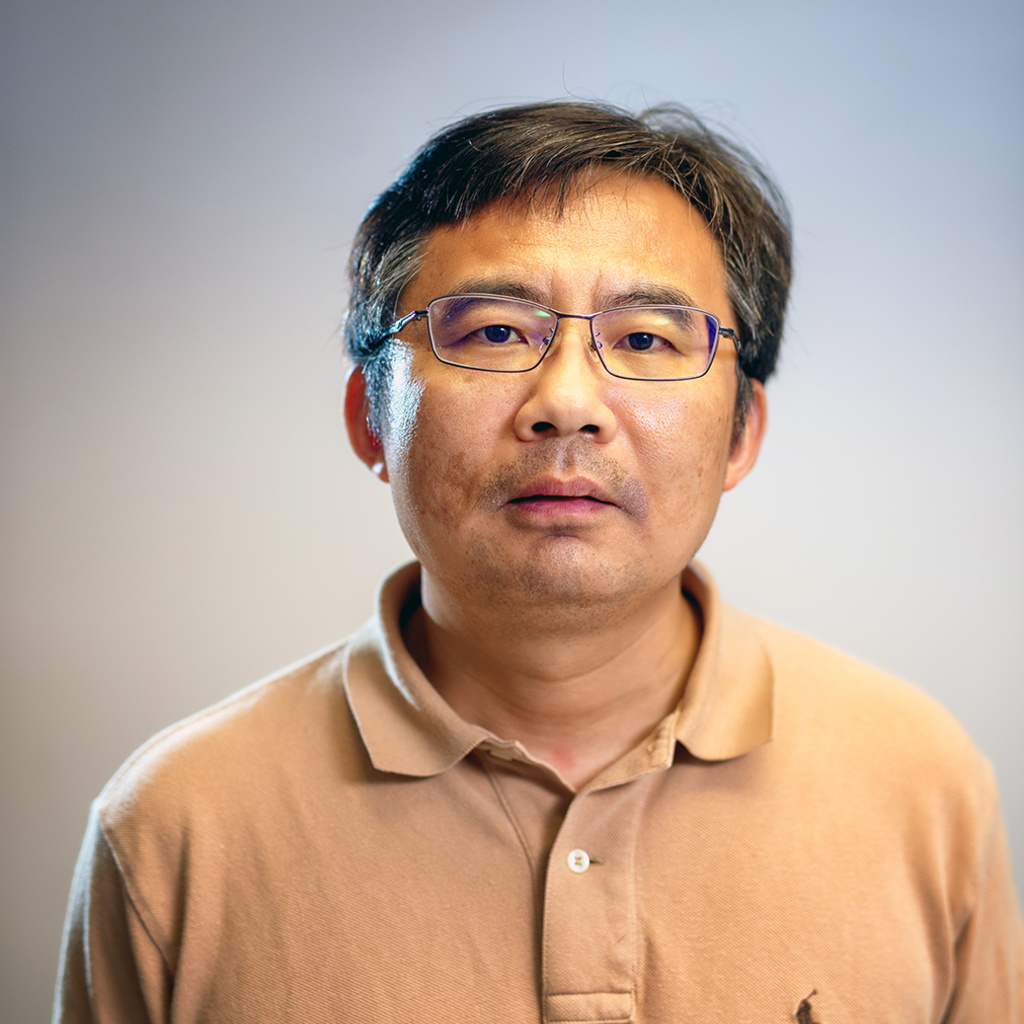
Jun Wang, Ph.D.
Title/Position
Professor
Wang has joint appointments in the University of Iowa Department of Chemical and Biochemical Engineering and the Iowa Informatics Initiative, and secondary affiliation with the Center for Global and Regional Environmental Studies, Department of Civil and Environmental Engineering, Department of Physics and Astronomy, and Center for Computer-Aided Design. His current research focuses on the integration of satellite remote sensing and chemistry transport model to study air quality, wildfires, aerosol-cloud interaction, and land-air interaction.
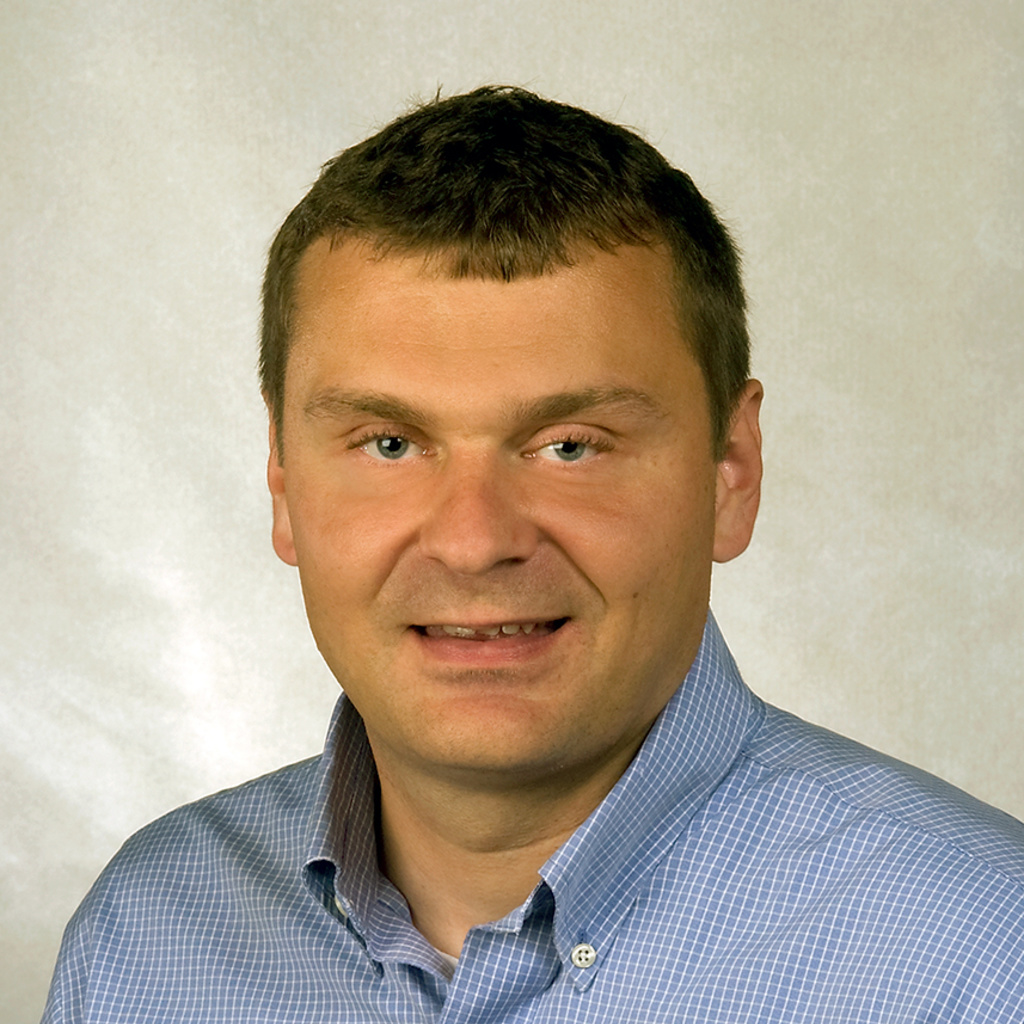
Markus Wohlgenannt, Ph.D.
Title/Position
Professor
Markus Wohlgenannt is a Professor in the Physics and Astronomy Department at the University of Iowa. His research interests include experimental polymer physics.